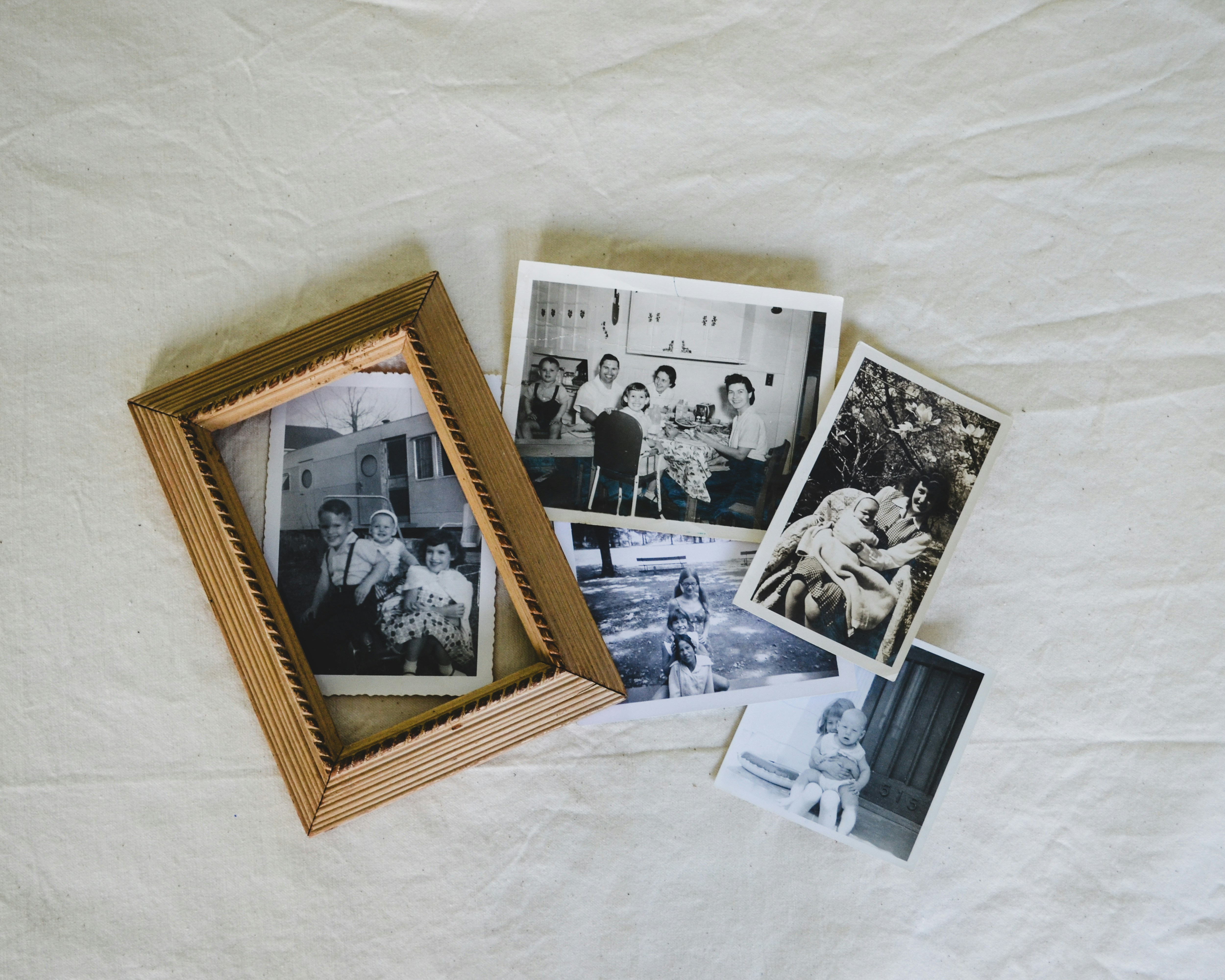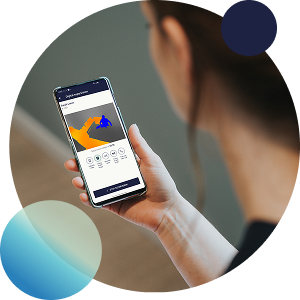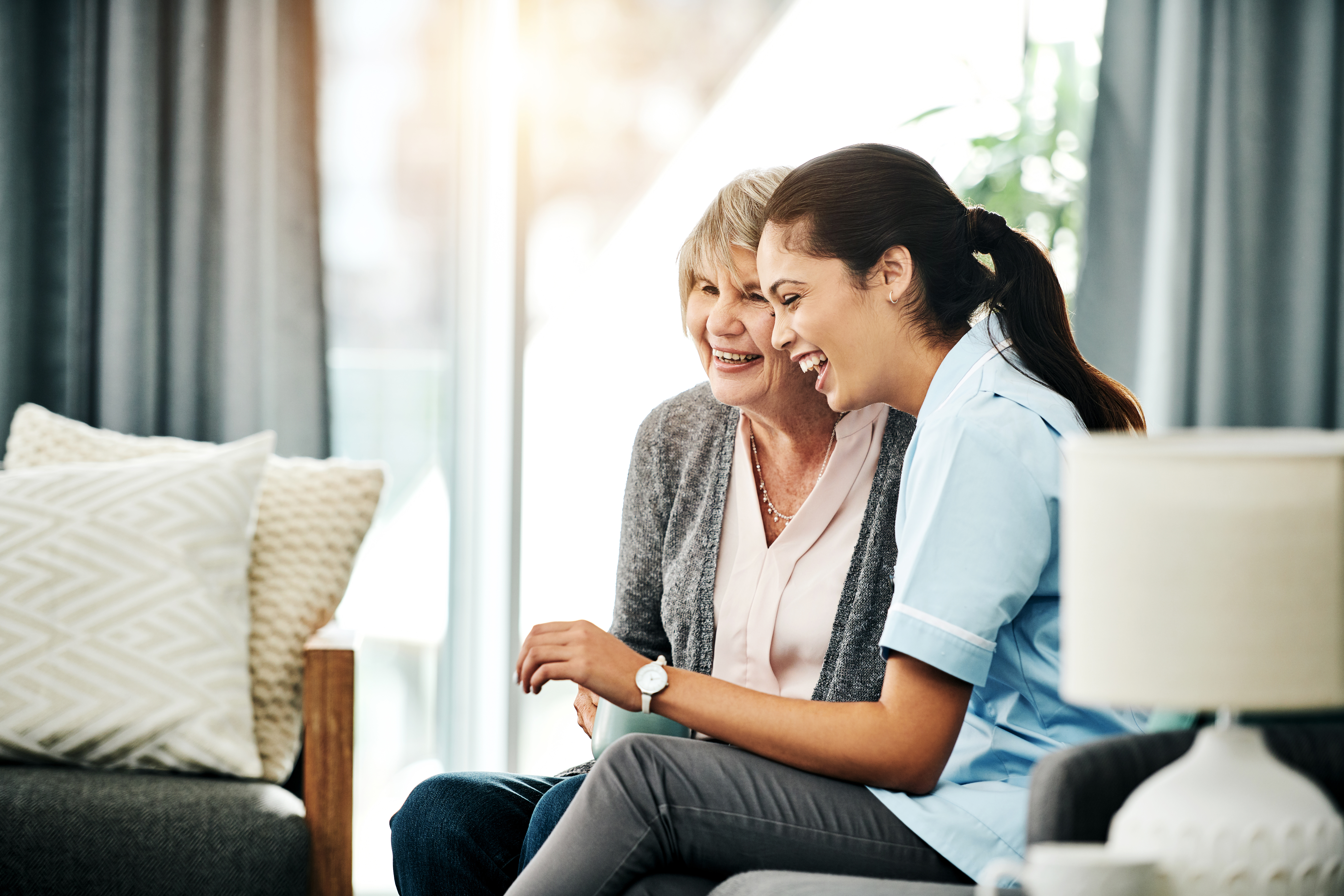Caring for someone living with dementia must be as unique as the individual themselves. From preventing falls to understanding sleep patterns and adapting routines, their care needs are bespoke.
But first, we need to see the person and not the dementia
Dementia can affect a person in a number of ways – it spans far from just memory loss. Understanding the way in which a person experiences their dementia, can provide such valuable information in order to shape the care they need.
For a resident living with dementia, it’s more than just creating a safe space – it’s about providing a sense of purpose, a constant familiarity. Do we fully understand how they might experience patterns, colours, shapes and sounds? How does the design on the carpet appear to them or the colour of the plates? We can fill a room with pictures, but do they tell a story or evoke memories that are personal to them?

There are many ways that we can adapt our interactions - communication is about more than just what’s said. In some cases, it may be appropriate to ask a resident about their dementia, ‘How does it affect you?’ ‘How can I adapt my communication style to better suit you?’ Consider also your body language, eye contact and whether you’re on their level. Use simple English that offers one question at a time.
Friend and campaigner, Beth Britton MBE describes our need for a dementia tool-kit. A range of tools and interventions that allow us to be creative – to keep trying and adapting our approach.
Ronan Killeen, Sensio Product Installer, recognises how his communication style can make such a difference to a single interaction.
‘’For me, it starts with an introduction. Something I picked up from my training with Beth Britton is the simple but effective ‘Hello, my name is’ approach. I take the time to get to know them and respectfully communicate exactly what I’m helping them with today. It’s their room, it’s their home, it’s their life. Every resident is different, so I talk to them differently, but it always starts with an introduction, and we go from there’’.
Case study example: Exploring Innovative Care Solutions
Specialist Care Home, Evelyn Court, is designed to meet the needs of those living with dementia.
Keen to explore more innovative care solutions, they recently installed Sensio sensor technology throughout the home.
Sensio sensor technology throughout the home.
Since inception, the team have leaned into the reliability of the Sensio system, with consistent support and onboarding from our Customer Success Managers. The team have more confidence having installed RoomMate and have recognised a much more positive effect on the home’s environment.
With the availability of smart, innovative and unique systems designed to support the sector, it’s clear that care is evolving - but technology should empower and excite, not overwhelm.
The role of technology - because real stories matter
“As someone whose dad spent nine years in care homes, I would have very much welcomed technology - like that offered by Sensio - that could have helped my dad avoid the many falls he had, and indeed ensured he was able to have more restful sleep with less nighttime interruptions.
Reducing falls and improving sleep are two vital ways in which we can help people with dementia in care homes to have a better quality of life. The availability of technology that is smart, innovative and inobtrusive is a big bonus for today’s care home residents, enabling staff to spend more time with the people they support engaging in meaningful interactions and occupations to make a tangible difference to everyone’s wellbeing.
Having delivered a dementia workshop to Sensio’s UK team during the summer of 2025, I feel confident that everyone who joined that session left better equipped to have supportive and sensitive interactions with residents - with and without dementia - as Sensio’s technology is installed in UK care homes.”
Beth Britton MBE, Freelance Consultant, Trainer & Mentor
As tech evolves, so does opportunity
Falls are among the most common risks for individuals in elderly care. However, technology designed to support people living with dementia offers more than just fall detection. It helps create a more complete understanding of a resident's daily patterns. Routine checks or conversations with family members may not reveal everything, so insights into movement, nighttime activity, and bathroom visits can promote independence, protect privacy, and minimise unnecessary interruptions.
Our silent nurse call systems reduce unnecessary nighttime disturbance to residents (and neighbouring rooms) by triggering alarms only when necessary. We often hear from Home Managers the difference they see in a resident’s well-being, appetite and overall recovery when their sleep isn’t compromised.

Resident routines are respected. With our data we can build a true picture and care teams can adapt their care accordingly. Through digital checks, care teams identify specific markers or areas to be monitored within each resident’s room, such as the bed, a chair, the bathroom door etc.
Any activity within these marked areas will be highlighted for remote assessment, meaning medication can be delivered when a resident wakes naturally, or provide fast assistance to a resident if they start getting out of their chair, thus preventing a fall. If a resident does fall, the system immediately notifies the care team without the need for call bells or personal alarms.
Delivering truly person-centred care for residents – living with and without dementia - means embracing technology, not as a one-size-fits-all solution, but as a powerful, very necessary tool to support your teams and your residents
If you’re looking to explore innovative safety monitoring solutions for your home, why not see how Sensio can become your digital partner for decades to come.
For more information on dementia and the care that's available, click here.
